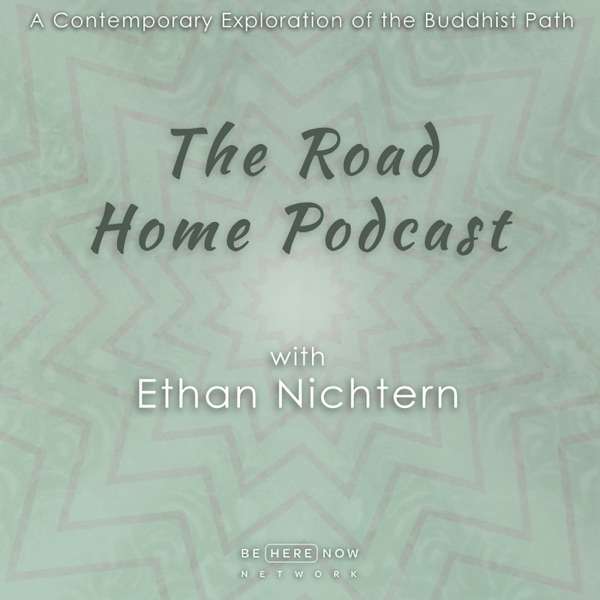Could you talk a bit about 1. Logical problems with Christian theology 2. The morality of Christian theology 3. How diverse Christian theology is with its liberal churches (universalism) to its exclusive churches(fundamental) and are they reconcilable? What do you think of Rob Bellâ??s idea when bad things happen, people try to control the balance, by making sacrifices to the gods. The codification of these sacrifices in Leviticus stops the bigger-and-bigger effect, and finally Jesus is there to provide a way for humans to stop their self destruction in an attempt to appease God. He goes on to argue that the only acceptable sacrifice is to give up one's time and money to help others. Do you know why the question of who the Historical Jesus really was always mirrors the person asking the question? Does 1 John 4 refer to the OT prophets when it says, "many false prophets have gone out into the world", and "Every spirit that acknowledges that Jesus Christ has come in the flesh is from God"? In Acts 13:2-3, Paul (Saul) and Barnabas are designated by the Spirit to go on a missionary journey. It says nothing about John Mark, who we later hear did accompany them, after which Paul refused to work with him again. Does this imply the Spirit did not choose Mark? And does John Mark stand for Marcion? Doe the passage imply an attempt to distance Marcion from his favorite apostle, Paul? Acts 12:20-23 reports that Herod was struck down by the angel of God and eaten by worms and died. Is there any reliable record about how this Herod died? Does Luke 7:28 ("I tell you, among those born of women there is no one greater than John; yet the one who is least in the kingdom of God is greater than he.") imply John has no free will and has to follow a narrowly scripted fate given to him by God, and that, not having acted by free choice, John would be last in the Kingdom of God? â??Holy Mackerel:â?? was it derived from Holy Immaculate? Suppose there is, as you often jokingly suggest, a "fourth person of the Trinity." I nominate Melchizedek. I'm really interested to hear your take on the disparity between archaeological evidence for scribal activity in Jerusalem during the Persian period, vs the fact that so many scriptures are conventionally dated to that period. What are we doing in saying grace? And when we say a â??blessing,â?? just who is blessing whom, or blessing what? My question is whether or not the OT idea of the firstborn sacrifice may have plausibly played into the actual conception and reason for creating this archangel, Jesus, who would become the ultimate sacrifice. Before I commit to the effort of reading "Did Jesus Live 100 years BC?" could you please briefly outline the hypothesis, in terms of what the best evidence for and against it is? Was Yahweh circumcised? I noticed that Methuselah died in the same year that the Great Flood began. Did YHWH postpone the flood until Methuselahâ??s death, or did Methuselah actually drown in the flood? I find the idea that 'the birth of Christianity could have been a hoax to help create a better world' fascinating. Is that plausible? Might Paul (or one of the other first Christians) have derived the belief that Jesus was the first fruits of the general resurrection at the end of days, so the end times were imminent, from a hallucination of Jesus whom they inferred had risen? And, Mark could have learned this apocalyptic stuff from Paul, and simply invented the apocalyptic material in his gospel. Therefore, there is no reason to suppose, as Ehrman does, that the historical Jesus, if there was one, was an apocalyptic prophet. How about this? The first Christians invented a story of an atoning Christ, keeping the philosophy of love paramount, but substituting the temple cult with, to use Paulâ??s words, a simple and pure (2 Cor 11:3-5) faith in Christ? Do you think that the whole idea of Paulâ??s inability to physically write might have been a rationalization for all the letters from Paul coming in with different handwriting?

 Our TOPPODCAST Picks
Our TOPPODCAST Picks  Stay Connected
Stay Connected







